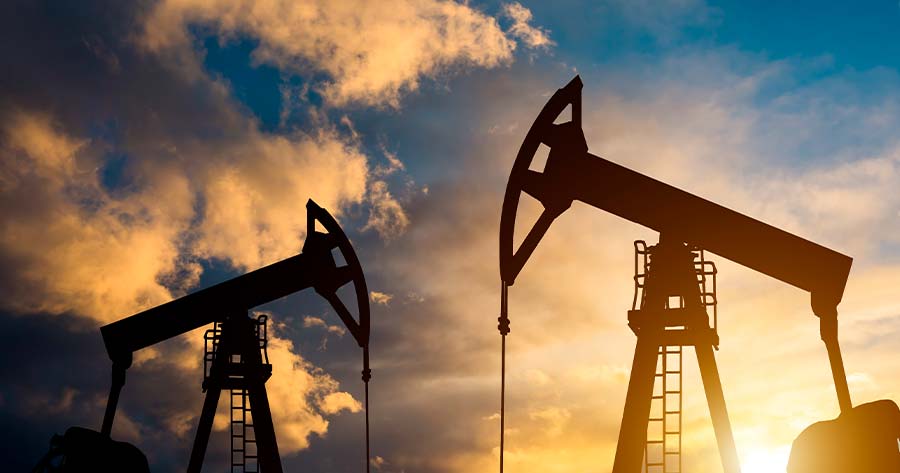Oil prices were slightly higher in early Asia trading on Monday as investors worried about the impact of political turmoil in Russia and its potential influence on oil supply from one of the world’s top exporters following a revolt by Russian mercenaries over the weekend.
After climbing as much as 1.3% in early Asian trade, both contracts pared some of their gains on Monday to rise 0.4%, with Brent up 27 cents to $74.12 per barrel, while WTI up 28 cents to $69.44 as of 9.34 a.m. Bangkok time.
On Saturday, a group of Russian mercenaries staged a brief rebellion, taking the city of Rostov in the south and advancing on Moscow in an effort to get the military leaders in charge of the war in Ukraine removed from their positions.
However, after securing an agreement that ensured their safety and sent their leader, Yevgeny Prigozhin, into exile in Belarus, the private Wagner army withdrew. The threat to Russian President Vladimir Putin’s power was the starkest in decades, but its effects on the Ukraine war were unclear.
A clash between Moscow and Wagner has prompted speculation about the stability of Putin’s power and the safety of Russia’s oil supply.
On Sunday night, energy consultancy Rystad Energy released a report predicting that oil prices will not rise significantly owing to the “short-lived event.”
“We do, however, believe that the geopolitical risk amid internal instability in Russia has increased,” Rystad said.
An analyst at Goldman Sachs, meanwhile, suggested that the market could be pricing in a slightly higher risk that supply disruptions in Russia are caused by domestic turmoil. Analysts have noted that as spot fundamentals have not altered, the effect may be limited.


